In 1968, Ed and Mary Lorentz were visiting family in Chicago when they received the call that the Bremer Brother’s Meat Market in Ed’s hometown of Cannon Falls, MN was for sale. Ed was working at an ammonia plant at the time, but he had experience as a meat cutter and a rich entrepreneurial spirit so he and Mary made the leap into owning their own business and started the Lorentz Meats and Deli.
The business grew and flourished under their care, earning a reputation for high-quality meat, professional production, and an unyielding commitment to the local farmer.
It was important to Ed that his company be a family affair so he encouraged his sons and extended family to take an active role in the company. In 1997, Ed and Mary passed the torch onto two of their sons, Rob and Mike. The brothers saw an opportunity for expansion and new means of reaching the local community by building a new processing facility that was USDA and organic compliant. The new building was finished in 2000 in the industrial park of Cannon Falls. Mike and Rob consulted with Temple Grandin’s design team to create a facility that focuses on the ethical slaughter of animals by incorporating features the greatly reduce the animal’s stress levels and risk of injury. Though this was an uncommon design for an abattoir (slaughterhouse) in 2000, Mike affirms that they are no longer unique to the industry in this respect.
“The pork and beef industry have made vast improvements in the last 20 years or so.” Mike Lorentz, CEO states. As conscious, ethical slaughter moves to become an industry standard, job quality for employees is an area in which Lorentz Meats sees the need for industry improvement. “We offer Obama-care compliant health care and a range of benefits,” says Mike. Conventional meat processors have an extremely high turnover rate, but Lorentz Meats works to avoid this by striving to create quality jobs and strong wages for their skilled workers.
“I like to joke that we focus on ethical treatment for the animals and humane treatment for the staff,” laughs Mike.
To consolidate resources and focus on their mission to bring quality butchering and processing to the local farmer, Rob and Mike decided to close down the deli and retail portion of the business in 2005. Larger partnerships with local and organic farms in the area allow them to continue to do small runs for area farms, processing as little as one animal at a time. These small farms continue to make up 15% of Lorentz Meats’s business.
“There are two ways to work with Lorentz Meats: bring in a live animal or bring in cuts of meat.” Mike states. While the abattoir continues to grow, Lorentz Meats works with a wide variety of companies to make their meat into sausages, smoked meats, and other unique products. Ferndale Market’s smoked turkey breasts are smoke cured at Lorentz Meats using a natural hardwood blend. Lorentz also grinds, seasons, and cases the fresh Ferndale sausages and produces some of the products used by the Minneapolis School System.
“We wouldn’t have smoked turkey breast if it wasn’t for Lorentz Meats. No one in the industry would be willing to do these small runs at the quality they do,” remarks John Peterson, owner of Ferndale Market.
Ferndale Market is the only retail location where you can still find some of the Lorentz products that once sat in the glass cases of their deli. Year round Ferndale carries Lorentz hotdogs, bacon, brats, hams, and smoked sausage and seasonally stocks holiday sausages. The Lorentz Blood Sausage and Potato Sausage are based on their old family recipes and the Swedish Meatball Mix originated from the Vang Lutheran Church in Dennison, MN. The Lorentz pork products are MSG and antibiotic-free and their “uncured” products are cured using the naturally occurring nitrate in celery juice. Ferndale Market also proudly carries Thousand Hills Cattle Company’s grass-fed beef products, whose cattle are butchered and processed at Lorentz Meats.
Quality continues to be Lorentz’s focus for the future and Mike Lorentz is happy to see the food landscape changing –
“An increasing number of people are asking the right questions… not focusing on making the cheapest food, but the best food. This is creating opportunity for Lorentz and Ferndale.”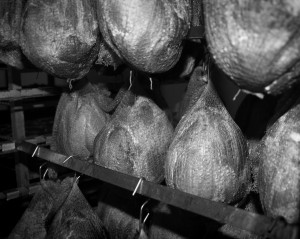

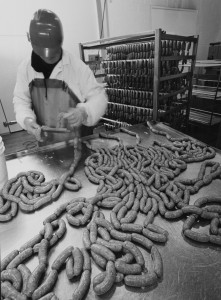
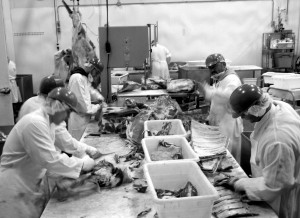
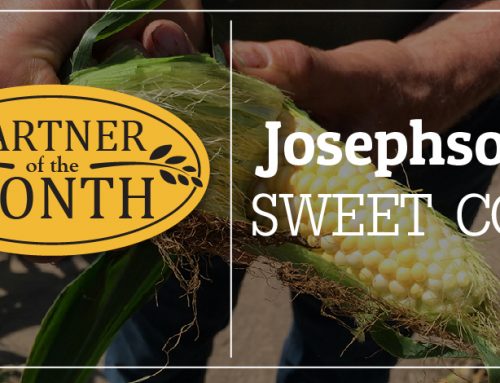
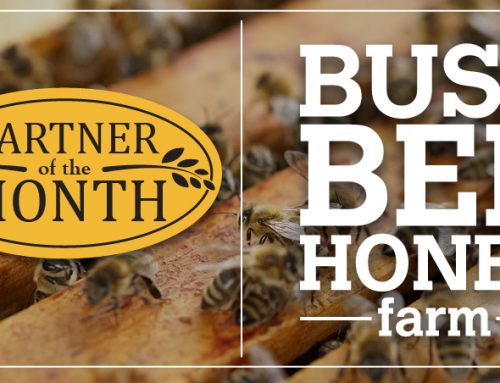
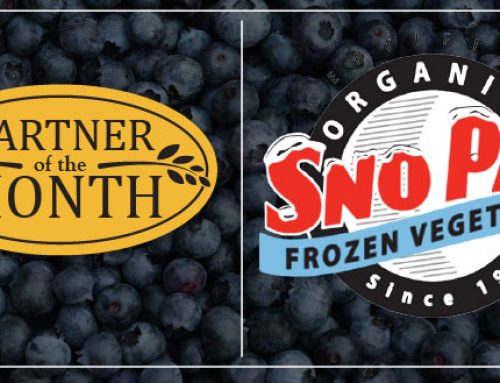
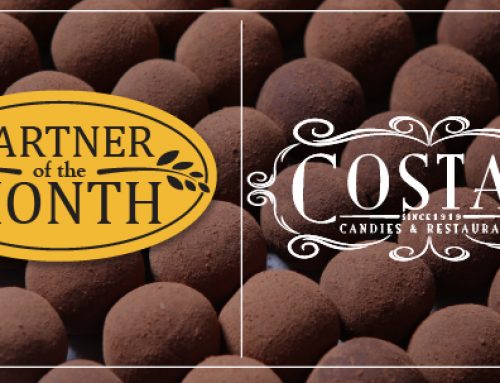
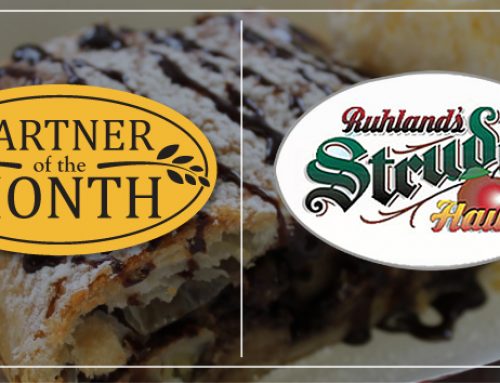
Leave A Comment